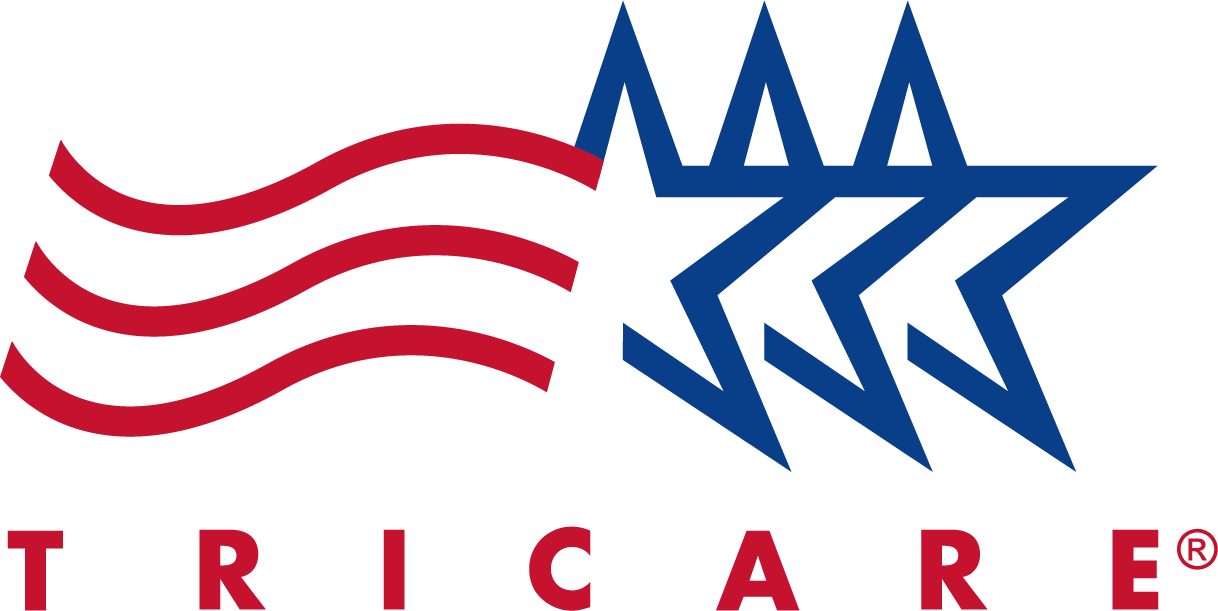Fraud, Waste, and Abuse
What is Fraud, Waste, and Abuse (FWA)?
Health care fraud is knowing and willful deception or misrepresentation by a provider, beneficiary, sponsor, or any person acting on behalf of a provider, beneficiary, or sponsor, with the knowledge that the deception or misrepresentation could result in benefits and payments that the recipient is not entitled to. Fraud requires intent and knowledge that the action is improper.
TriWest utilizes pre-payment and post-payment fraud detection tools and resources to monitor and analyze various beneficiary, provider, and claim data for potential fraud, waste, and abuse. Providers are responsible for submitting accurate and appropriate billing for all services billed to TRICARE. Examples of fraud include:
- Services Not Rendered
- Twelve mental health visits are authorized. The patient discontinues care after eight visits. The provider bills for the additional four visits that were authorized, even though the services were not rendered.
- Misrepresentation of Services
- A surgeon performs a non-covered rhinoplasty (cosmetic procedure to change the appearance of the nose), but bills TriWest for a covered sinus repair procedure.
- A provider consistently bills for a complex cataract procedure, when a routine cataract removal is performed.
- A provider bills for physical therapy services under a licensed physical therapist ID; the services were rendered by a non-licensed athletic trainer.
- Forgery, Falsified Documents, or Identity Theft
- A healthcare agency creates referrals certifying the medical necessity of services for a patient, using a provider’s information without the provider’s knowledge or consent.
- A provider creates or alters medical records after a claim is denied, or exaggerates a Veteran’s condition, to justify services that would not be warranted for this Veteran.
- Using a stolen or borrowed ID card to receive insurance benefits that a patient is not entitled to receive.
Abuse is any practice that is inconsistent with accepted sound fiscal, business, or professional practice, which results in payment for services or supplies that are:
- Not within the concepts of medically necessary and appropriate care.
- Fail to meet professionally recognized standards for health care providers.
Abuse may not carry sufficient evidence of intent and knowledge to constitute fraud, and it may be difficult to conclusively establish whether the actions are due to willful deception or are based on subjective clinical judgement. Examples of abuse include:
- Medically Unnecessary/Excessive Services
- Changing a diagnosis, claiming an exacerbation (re-injury), or exaggerating a patient’s condition, to extend the authorization for additional care.
- Ordering extensive lab testing that may be included in a general authorization, but are not necessary for this patient.
- Overcharging
- Taking advantage of services that are not on a fee-schedule by charging unreasonably high fees for services that are reimbursed at a percentage of the billed charge.
- Conflict of Interest
- A physician refers patients to an advanced imaging center that the physician has ownership or financial interest in, regardless of the medical necessity of additional testing.
TriWest has established a Program Integrity team dedicated to stop fraud and abuse in the TRICARE program. Furthermore, TriWest utilizes several tools including data analysis using Artificial Intelligence (AI)/Machine Learning (ML) to prevent, detect and deter fraud and abuse.
TriWest takes all allegations of fraud and abuse seriously and completes a thorough investigation of the allegations. TriWest will report cases to the government for further investigation and possible legal action when evidence of fraud and abuse is substantiated.
Healthcare fraud costs billions of dollars each year. Our Program Integrity team is effective at cost avoidance when it comes to fraud or abuse.
Providers who wish to voluntarily disclose potential fraud to Defense Health Agency – Program Integrity may do so under the Self-Disclosure Program (SDP). Disclosing Providers may report by one of the following:
- Send information to Defense Health Agency–Program Integrity
- Report potential fraud online.
Reporting Fraud and Abuse
The following information must be included in the report:
- Person or entity responsible for the fraud.
- Dates fraudulent activity took place.
- Location where fraud occurred.
- Detailed description of the fraudulent actions being alleged.
Although not required, the report should include the submitter’s name, phone number, and e-mail address.
If you wish to report fraud, you can do so in one of three ways:
- Fax: 1-866-852-2009
- Mail:
TriWest T-5 Program Integrity
P.O. Box 8430
Virginia Beach, VA 23450 - Call the Fraud Hotline at 1-866-240-0382
